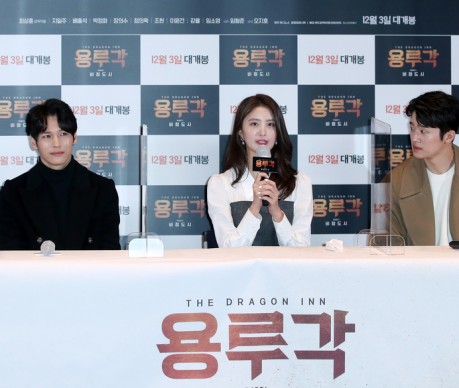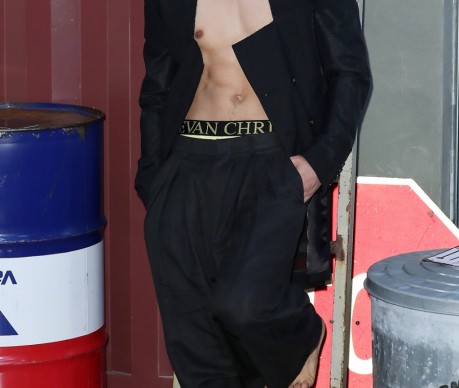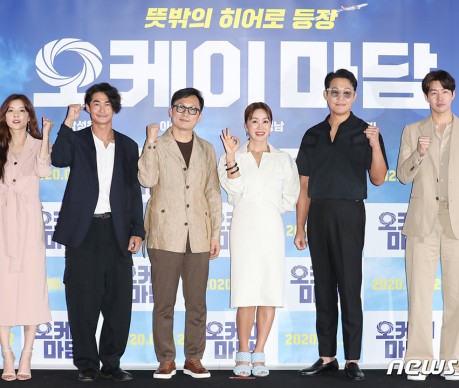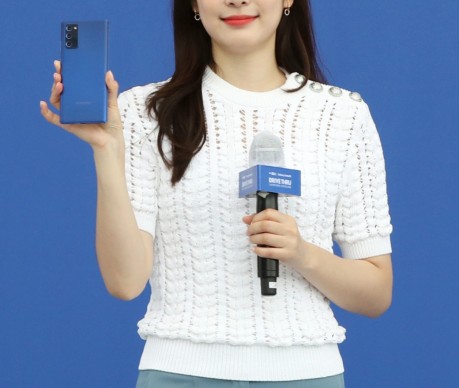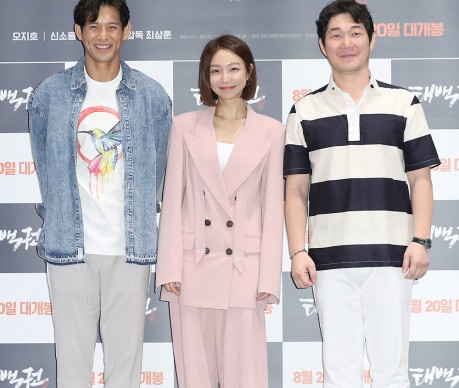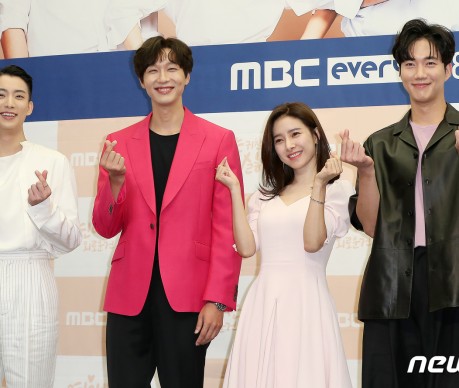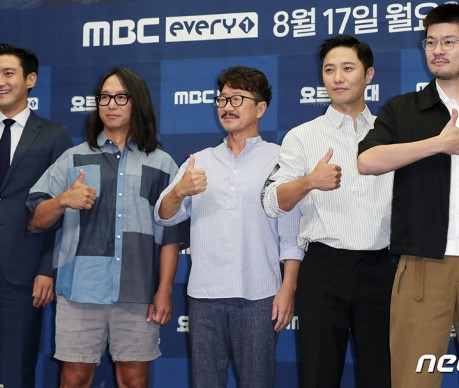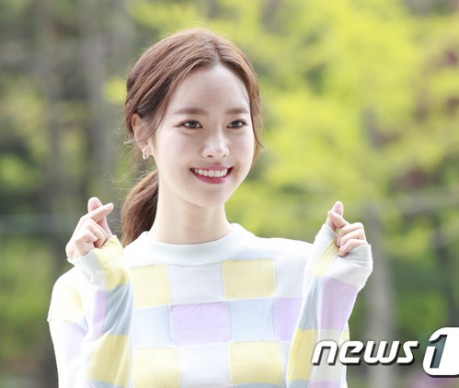'Veteran' Director Ryoo Seung Wan Discusses The Casting Of Yoo Ah In, Hwang Jung Min And The Screenplay [EXCLUSIVE INTERVIEW]
KDramaStars: What inspired the screenplay for "Veteran?" Were the characters of Do Cheol and Tae Oh based within reality?
Ryoo Seung Wan: The main events that happen, in the film, actually come from several real life incidents that happened in Korean. Because we needed to dramatize these things, the story took another form, in itself. The lead character [Do Cheol] and the villain [Tae Oh] were both inspired by real people. In the case of the character of the detective, a lot of him comes from my previous interviews with cops and detectives, for previous projects. In the detective, a lot of aspects of the actor, Hwang Jung Min, are reflected in that character.
The character of Tae Oh was inspired by reality, but it’s hard to meet that type of person. We had to satisfy ourselves with meeting the people who surround that type of person. Tae Oh is a figment of my imagination, based off their accounts. I wanted to make a film that maximized the thrill and exhilaration that you can experience cinematically, even if it is based on reality.
KDramaStars: How long did it take to create the film, from preproduction to post?
Ryoo Seung Wan: I started working on “Veteran” right after the film, “The Berlin File” was released. That was in 2012. It took about three years.
The actual filming took about three and a half months. The majority of production was spent within pre and post production.
KDramaStars: "Veteran" critiques the excess of conglomerate heirs through Tae Oh, but the movie racked up close to $90 million USD in ticket sales. Did you expect “Veteran” to become a blockbuster hit? What were some of the responses from audiences in Korea?
Ryoo Seung Wan: I didn’t expect audiences to respond to the film so favorably. But I do feel like there was a looming sentiment over the exploitation of conglomerate groups that was very relevant to the masses. I think this film touches about that collective unconscious.
KDramaStars: I really enjoyed the juxtaposition between Hwang Jung Min, as the hardboiled detective and Yoo Ah In as Tae Oh. Can you describe the casting process of the film?
Ryoo Seung Wan: When I was writing the script, the main character of the detective has a lot of traits held by the actor, Hwang Jung Min. When I was writing the screenplay, I wrote the character specifically with him in mind. If he had declined the role, I feel like this film may not have been made.
In the case of Tae Oh, who is a pretty villainous character, a lot of actors declined because they were sensitive about the role reflecting badly on [their image]. I met Yoo Ah In during the Busan International Film Festival. We were talking about our next projects and that’s when I gave him the screenplay.
Yoo Ah In was known to the Korean public as having a childlike image and was viewed as a healthy, young man. At the time, he wanted to deviate from those types of roles and he wanted to try out something new. It was a fortunate case where the requirements of the film matched up with the actor’s desires to try something different.
KDramaStars: Crime procedurals often portray policeman and detectives as flawed or having moral ambiguity. What are your thoughts on the clear moral compass of Do Cheol, a detective who seems lax in the beginning, but becomes obsessed with bringing Tae Oh to justice?
Ryoo Seung Wan: I feel like the current cinema trend, in terms of crime films is way too complicated. The sort of films that I loved and thought were exhilarating, when I was young were movies that had clear cut morals. A good example would be the films in the ‘80s, in the U.S., that deal with detectives and crime. When you look closer, within all of those movies, the [detectives] have their own personal problems. I feel like this film differs from others in the crime genre in that it deals with human beings relationships to one another.
The main character, the event he is investigating is not even under his precinct. He doesn’t personally have anyone who is involved. The reason he [Do Cheol] becomes involved with this case is because he received a phone call that he didn’t take. If he had received that call, that person wouldn’t have been involved in that type of accident. That type of guilt is what motivates this character. Ultimately, I feel like this is a story about the morals that come between a people.
KDramaStars: The film reminded me of an ‘80s police movie, not a buddy cop film, but one where the police have a great dynamic with one another. Also, Do Cheol is one cop who is trying to take on the challenge of bringing down corruption. Was this what you meant about your previous comment regarding American films in the ‘80s?
Ryoo Seung Wan: Yes, movies like “Beverly Hills Cop,” “Lethal Weapon,” “48 Hours,” “Stakeout,” and even “Diehard.” I feel like the value of those films is that at first glance they seem like movies that are geared for box office success. But I think they try to present a set of values or morals that they want to pass on to the next generation. These films have a very classic feel to them like John Ford’s westerns. These types of movies try to deal with what is right and what is wrong, which may seem naive and idealistic, but that is the value of these films.
There are characters like those in Raymond Chandler’s novels that are morally ambiguous. While they may be attractive or appealing, I feel like there is a need for clear characters. I feel like the current trend, in audience responses, is that people tend to like villains more than good people. From an audience perspective, I wanted to root for a good person, in the film.
KDramaStars: Your work has spanned almost every aspect of film, ranging from directing and screenwriting “Veteran” to appearing as an extra in “Rough Play.” What do you think is most difficult job in the Korean film industry?
Ryoo Seung Wan: Filmmaking, regardless of the environment you are in, is always going to be hard. I feel like there is no such thing as the best environment or an ideal one [in filmmaking]. It can be very difficult. Every aspect has its own set of challenges. Essentially, you are creating something out of thin air. If I were to pick one thing, it would be when you have to come up with new and creative ideas for things. The right to have freedom of expression is crucial, but I’m unsure of whether this is being achieved in Korean society, today.
KDramaStars: There have been rumors of sequels to both “Veteran” and “The Berlin File.” What are your thoughts on Korean franchise films versus Hollywood? What is your next project?
Ryoo Seung Wan: To clarify, the next project I’m working on will not be a sequel to “The Berlin File.” That will be an in-depth film, after I complete my next project.
I feel like it’s kind of hard to compare the franchise films of Korea with the U.S. because the way that cinema has evolved and its history are vastly different [between the two nations]. To be specific, with the Bond series [007] in the 60s, the U.S. already had a solid history of filmmaking. In Korea, the 60s were when filmmaking was just budding. If you look at the sheer volume or size of the industries, they are vastly different. It hasn’t been a long time since the Korean film industry evolved into what it is, today. If there are any sort of franchise films that will come out of Korea, it will be from now on.
A lot of young filmmakers in Korea, including myself, want to make these kind of franchise films and want to be viewers of these types of movies. For example, I do have thoughts of developing “Veteran” into a franchise. I think we have to see what happens, environmentally, for these franchise films to succeed. I feel that two things need to be present for franchise films, the industry needs to be secure and there needs to be a secure star system. Having franchise films in Korean cinema is actually a sign that the industry is booming. So, I’m pretty positive that we will have them, in the future.
